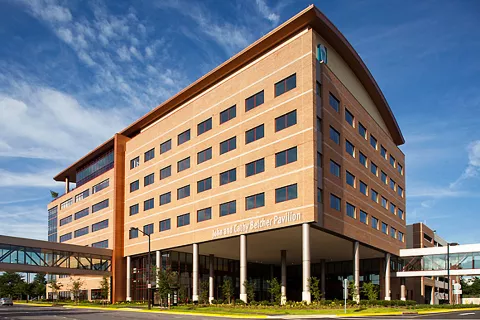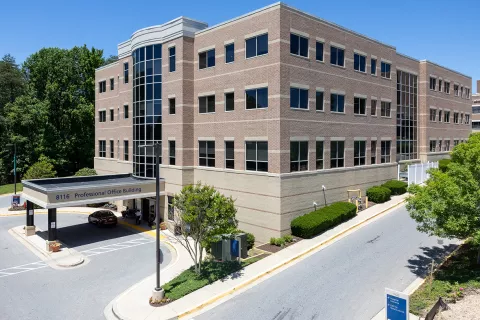From complex traumatic spine injuries to herniated disks, we have the surgical expertise to help end your back, neck and radiating pain.
Common Reasons for Spine Surgery
Most back, neck and radiating pain can be treated without surgery. But when debilitating pain becomes a part of your daily life, our spine care experts can help you find relief.
We can tell when you're a good candidate for spine surgery. Plus, we're experts at judging which type of surgery is likely to provide the best results in your individual situation.
Conditions requiring spinal surgery may include:
- Arthritis/degenerative disc disease. As we get older, the cushion-like discs that separate the bones in our spine become flatter and more brittle. This can allow the bones to make slight, abnormal movements, irritating surrounding muscles, joints and nerves.
- Instability/spondylolisthesis. In this condition, one of the bones in your spine — called a vertebra — slides forward, out of its normal position.
- Fractures and trauma to the spine.
- Ruptured or herniated disc. The discs that separate the bones of our spine are a bit like jelly doughnuts. As we age, sometimes one of the discs weakens and breaks open, releasing some of the "jelly." When the jelly bulges out, it can put pressure on a nearby nerve.
- Spinal deformities. This can include scoliosis and kyphosis.
- Spinal tumors. This type of surgery requires a high degree of precision to remove as much of a tumor as possible without injuring the spinal cord and nearby nerves.
- Spinal stenosis. In your spine, there are openings where nerves pass through. These openings can grow narrower, putting pressure on the nerve.


















